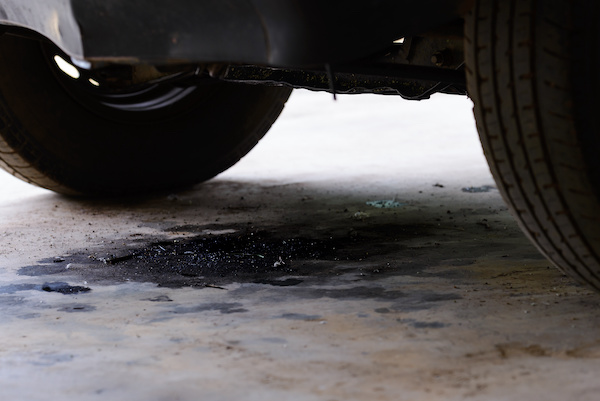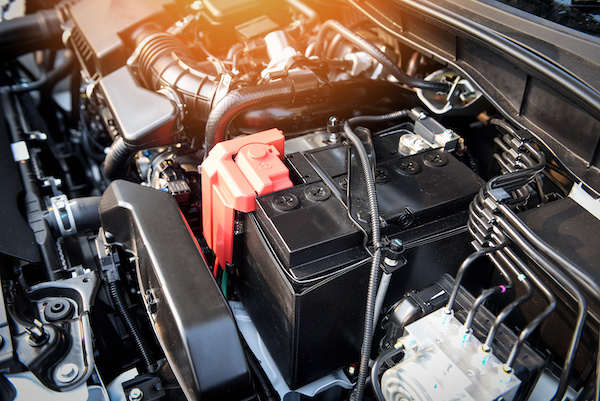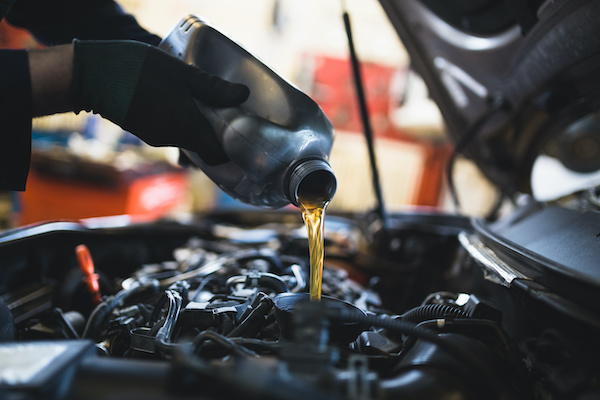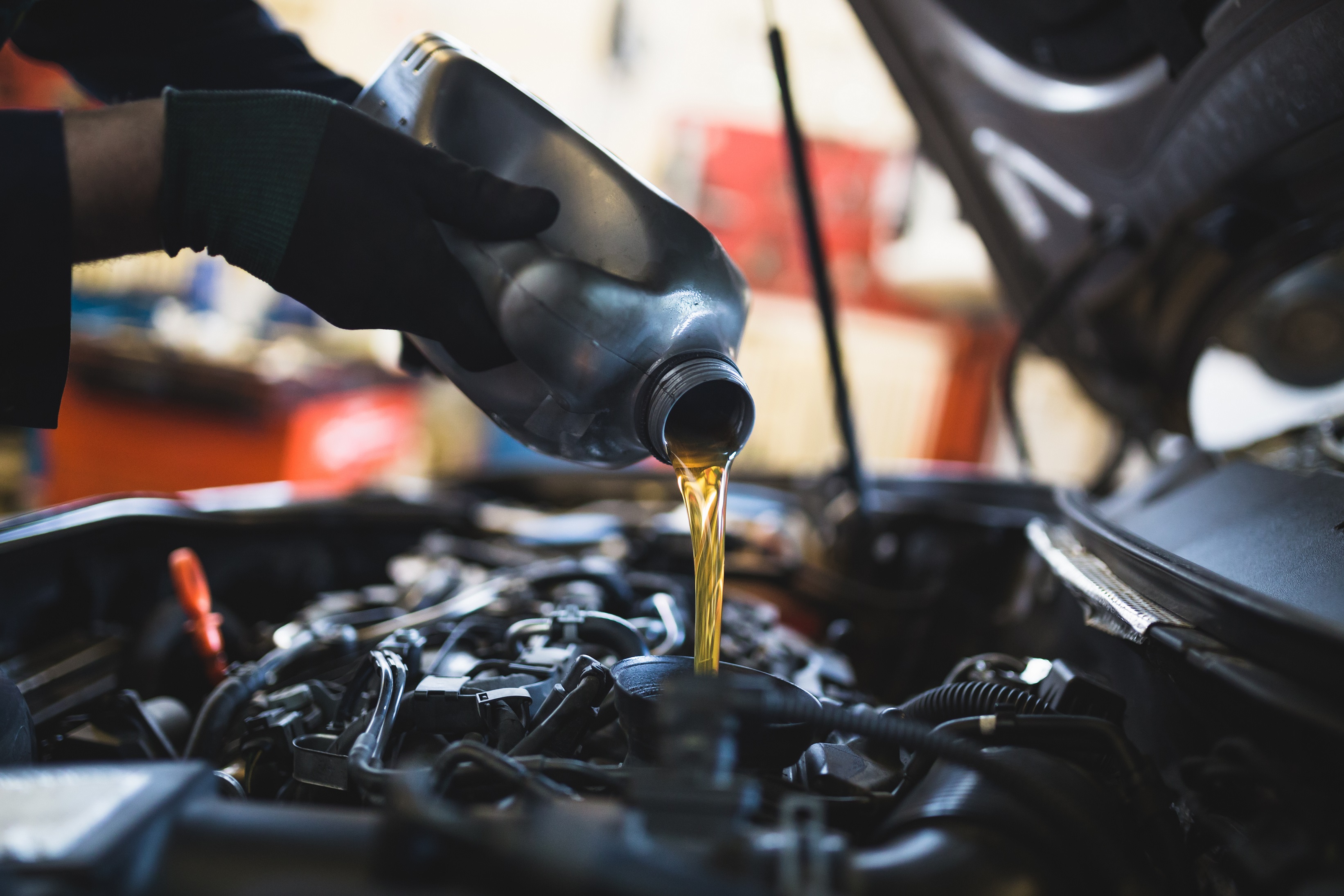Posted on 10/11/2021

Most of us have all had our fair share of mishaps behind the wheel. We have habits that are sometimes difficult to break, and sometimes we don't even recognize that they are wrong because they come so easily to us. You may have gotten away with doing a handful of things, like talking on the phone, eating, or not signaling, but what happens when you don't? You are taking the chance of getting into an accident or even majorly injured. If you are on the road daily, we encourage you to please practice safe driving practices! MOST POPULAR DRIVING HABITS IN THE US: Speaking excessively or loudly to passengers Talking or texting on your phone* Driving with headphones on* Eating or drinking (non-alcoholic) beverages One-handed driving Not signaling when switching lanes, turning, or parking* Riding the tail end of other vehicles on the road* Not buckling up or using your seatbelt* Speeding* Fidgeting with sound and temperature controls Looking in the mirr ... read more
Posted on 9/13/2021

It's that time of year for traveling to watch your favorite football, basketball, or hockey team. Tailgating is a long-time tradition that brings friends and families together for delicious food and fun before a sporting event begins. When we hear tailgating, most people think of it taking place at a stadium or arena. However, tailgating can take place for those dedicated fans in their hometown! So whether you're at your at the game or you're just grilling up at a residence, please remember these tailgating safety tips: This rule applies to those at the game, where there are large crowds of thousands of people. If you're driving around a tailgating area, please be very careful of your surroundings. There are going to be a lot of pedestrians, including children. A lot of drinking takes place before sporting events. Please be sure to have a designated driver to take you and your loved ones home safely. You're probably going to use cameras to take pictur ... read more
Posted on 8/9/2021

Since your vehicle relies on various fluids to function, you're bound to experience a leak at one point or another. Some fluid leaks are more troublesome than others, but overall, leaks are never a good sign. Here are some of the different vehicle fluids that your car may leak: Coolant Leak - Coolant puddles tend to be bright green, orange, or pink. Leaking coolant would be considered normal for old cars, but modern vehicles are better designed to prevent leaks. Your automobile may be facing a mechanical issue if there is coolant leaking. Oil Leak - A black puddle or stain is usually the top symptom of an oil leak. Oil leaks occur around the oil pan and in gaskets that are located in the engine. If an oil leak transpires and puddles under your car, it means that your gasket has an issue and must be inspected by a professional. Transmission Fluid Leak - Transmission fluid leaks leave a pink-ish red puddle or stain under your car. It is essential t ... read more
Posted on 7/9/2021

Your battery needs to be in good working condition to start your vehicle. It's also responsible for supplying power to all the electronic components throughout the car (radio, lights, power windows, electric power steering, etc.). If your battery drains or is growing weaker, you will likely notice some significant signs. The lifespan of the average car battery is 5 to 7 years. After that several years, it will need to be replaced. Depending on your vehicle and other usage factors, it may last longer or die quicker. Sometimes, a jump start, using jumper cables, is all you need to get it running again. Still, all car batteries ultimately begin to lose their charging potential, and eventually, they will need to be replaced with newer and more efficient ones. Top Signs of a Dying Battery Trouble Starting Car. The first telltale sign that you have problems with your battery is when you start to encounter problems firing up your car. Flickering/Dimming Lights. Another ... read more
Posted on 6/18/2021

Fourth of July (also known as Independence Day) is one of the most celebrated holidays in the United States. And it has already made its way back onto our calendars. Since most of us are more than ready to get out of the house and get back to a sense of normalcy, it can be overwhelming to figure out holiday plans. We've compiled a list of fun activities you can do - all from your car - to celebrate America's birthday. Here is the list of activities you do this 4th of July (all with your car!): 1 - Go on a road trip There is nothing better than planning a fun family getaway for the fourth of July. Whether you intend to go to the beach or to visit family far away, make sure you are packed with all the safety essentials for you and your vehicle. 2 - Throw a family cookout in the park If you do not feel like hosting a barbeque at your house, then you can opt to host one at a local park. Load up your car with all your favorite grill foods, snacks ... read more
Posted on 5/18/2021
.jpeg)
You've probably heard the term "catalytic converter" many times. But do you know what it is? Its function is quite easy to understand, even though its name sounds complex. A catalytic converter deters vehicle pollution. Found between the engine and muffler, it uses assorted metals, or "catalysts", to change pollutants into non-harmful gases. When Things Go South Located underneath vehicles, catalytic converters have the potential to sustain damage due to poor road conditions. Driver error can also cause harm. Aside from this, catalytic converters, just like everything else, age. The average lifespan is over ten years. Ultimately though, it's somewhat inevitable that a vehicle could possibly require at least one catalytic converter replacement in its lifetime. Here are some of the major symptoms that show when a catalytic converter goes bad. 1. A Rattling Sound The breakdown of catalytic converter components is a common occurrence. Wear and tear over ti ... read more
Posted on 4/22/2021
.jpeg)
After driving for long enough, every car will need a tune-up at some point. But it isn't always obvious when the time comes. In its own way, your car is trying to tell you when it needs a tune-up. You just have to know what signs to watch out for. 5 Signs That Your Car Needs a Tune-Up 1. Shaking If your car shakes or vibrates in the steering wheel or seat while you're steering, braking or starting it up. This shouldn't happen and it could point to a number of issues. Make sure you take your car in to find out what the problem is. 2. Brake Problems If your car isn't braking properly or is making a lot of noise when you brake, this is not a good sign. Brakes are important when you're driving and they protect you and your loved ones so you want your brakes to be in top shape. You wouldn't want your brakes to fail while you're driving on a busy street. 3. Stalling If your car suddenly stalls while you're driving, it could indicate a problem wit ... read more
Posted on 3/15/2021

You step on the gas pedal as you attempt to merge into traffic, but your car is slow and seems to lose power. Why? This is a sure sign of problems in the fuel or emission systems. There are three major reasons for sluggishness. First, your car has fuel system troubles. It may have a clogged fuel filter. When that happens, your fuel pump needs to work harder to do its job. A clog will impede flow of fuel to the combustion chamber. Or your fuel injector may be clogged or faulty. Normally, the injector controls the rate of fuel flow properly. When it doesn't, fuel delivery becomes difficult. Or it could be a defective fuel pump. The pump draws fuel from the tank into the injectors. When it fails, gas won't get to where it needs to go. Second, you may have a worn-out clutch. When your clutch can't engage your transmission with the engine properly, you will suffer from acceleration issues. If the clutch feels loose or if your car decelerates or accelerates wi ... read more
Posted on 2/17/2021

Regularly maintaining your vehicle is essential for its overall performance, longevity, and driving experience. Regardless of how little or how much you drive your car, you'll need to change the oil regularly. Why Is an Oil Change Important? Oil changes are a crucial part of your car's maintenance. Oil changes help with: Better engine performance Improving gas mileage Less harmful emissions Extended engine life Prevention of dirt and debris buildup What Do the Car Experts Say? Mechanics recommend getting an oil change every three months or 3,000 miles, whichever comes first. Many car owners believe that changing their oil more frequently than recommended will help their car, which is a myth. Changing the oil more times than suggested will not help or harm your car. Four Common Oil Change Intervals Every 1,000 miles or every six months Every 3,000 miles Every 5,000 to 7,500 miles Every 10,000 to 15,000 miles or every six months Changing Oil FAQ Can oil go b ... read more
Posted on 10/8/2020

The Importance of Getting Your Oil Changed A car’s engine is made up of many different parts. In order for the engine to run properly, all those parts need to remain lubricated. This is why it is important for there to be oil in the engine. Over time, the oil breaks down and collects dust, dirt, and debris making it contaminated and not able to properly do its job. Making oil changes a part of your car care routine will help the engine continue to work properly and prevent costly repairs down the road. Below are a few reasons why oil changes are important for both you and your car: Maintains engine lubrication. All of the different parts of the engine move at very high rates of speed frequently. These parts create heat and will wear down if they are not properly lubricated. You can refer to the owner’s manual to find out the specific weight and grade of oil your vehicle requires. Keeps the engine components cool. Without proper ... read more